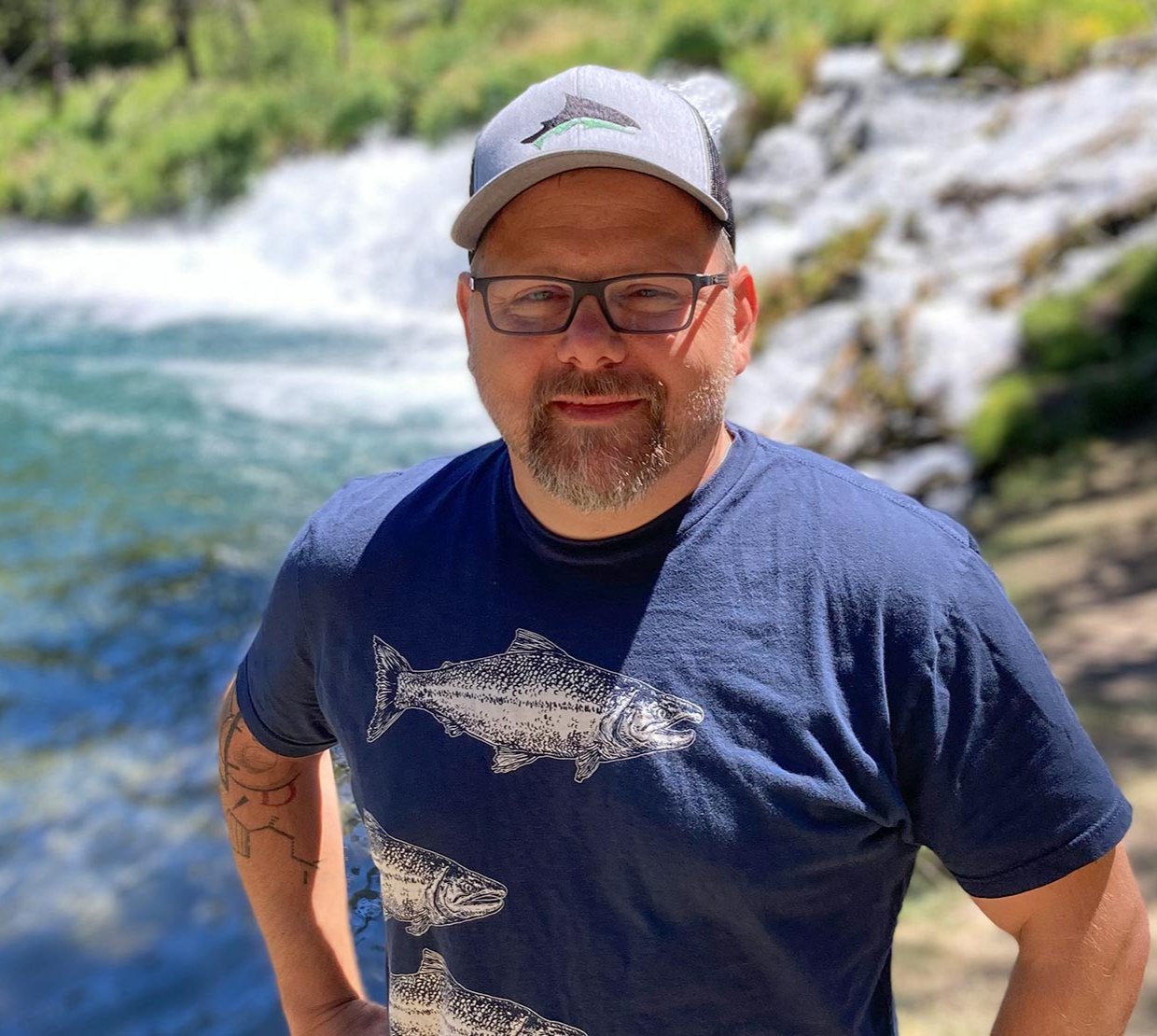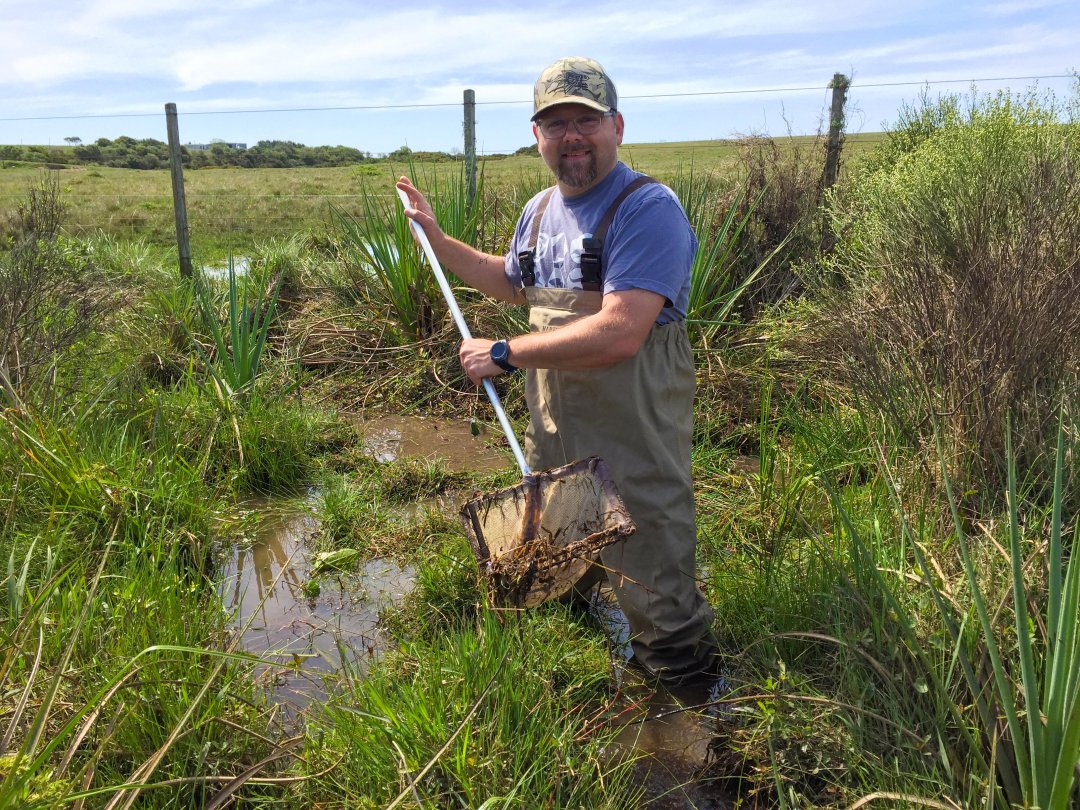The College of Science is pleased to announce that Jason Podrabsky, an Oregon State alumnus with deep roots in Oregon, has been appointed head of the Department of Integrative Biology at Oregon State University. He returns to Corvallis after serving more than 20 years at Portland State University, where he built a globally recognized research program and held several senior leadership roles.
“I’m thrilled to welcome Jason,” said Dean Eleanor Feingold. “His collaborative spirit, deep research experience and commitment to student access make him an ideal fit for the College of Science. I’m confident he’ll help us grow our impact by advancing integrative research, expanding inclusive learning and opening more pathways for students to thrive in science.”
Podrabsky’s return to Corvallis is a “coming home” moment that completes a full-circle transformation from rural Oregon student to university leader. Raised along the Santiam River in Sweet Home, he says he “grew up in a pretty small bubble” and didn’t know research or scientific careers were even possible until he became a student at OSU. As a biology major, he worked on stream surveys with the Oregon Department of Fish and Wildlife and conducted research in George Somero’s lab, a formative experience that sparked his lifelong passion for fish.
“That all happened because of the people I met here,” he said. “I got to go to Antarctica. I never thought I’d get to do something like that… College was a transformative time for me, and I want to provide that transformative experience for as many students as possible.”
Research rooted in adaptation and survival
Podrabsky’s research centers on a group of freshwater fish known as annual killifishes, which can survive extreme environmental stress by entering a dormant state. When their habitats dry up, these fish pause development, slow their metabolism and wait for the rains to return, a biological strategy that has fascinated him since his undergraduate days.
To understands this resilience, his lab integrates molecular biology, physiology and genomics to study how the fish survive conditions like dehydration, radiation stress and oxygen deprivation. This research informs broader questions in developmental biology, environmental stress tolerance and even climate resilience.
Fieldwork has taken Podrabsky around the world, including muddy watering holes shared with livestock, all in pursuit of understanding how life adapts under pressure. Although he works primarily in basic science, Podrabsky is driven by a deep intellectual curiosity about where his findings might lead, from innovations in human health to sustainability applications in space. He will begin his new role on Sept. 16.





